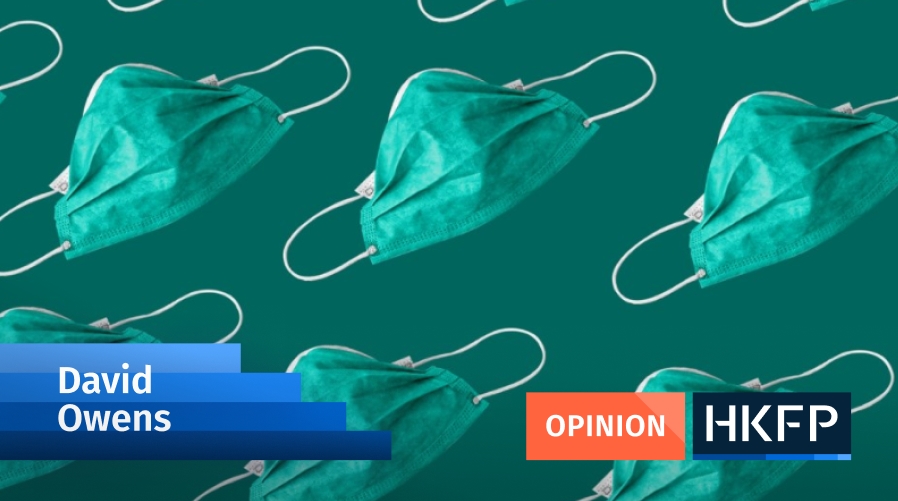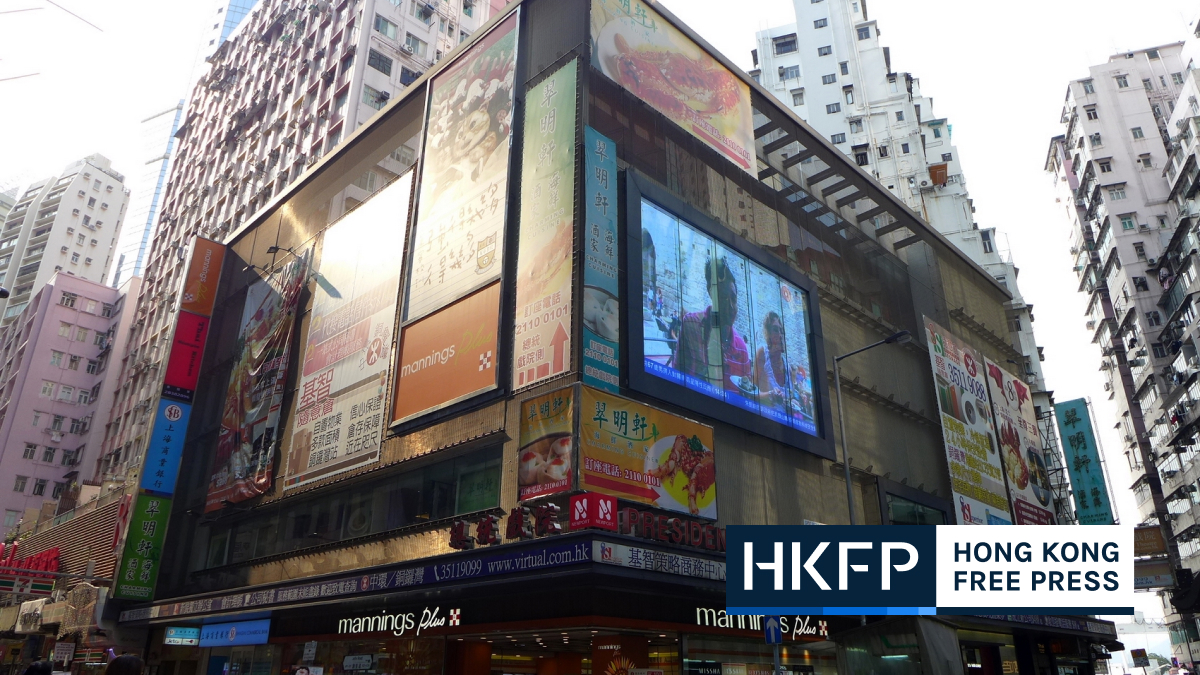More than 13,000 refugees and asylum-seekers in Hong Kong are barred from the government Covid-19 vaccination programme despite calls by global humanitarian bodies urgently to make the jabs available to the millions displaced worldwide.
NGOs say the group are excluded from the current vaccination rollout because they are not recognised as Hong Kong residents.

“Our immigration status should not be an excuse to prevent us from getting vaccinated. We already face enough discrimination and stereotypes from the public, why exclude us further when all we ask for is that our personal safety and health be cared for just as equally as a Hong Kong Resident?”
19-year-old aslyum seeker
“Most community members want to protect themselves and the general Hong Kong public from the virus,” the programmes manager at Christian Action’s Centre for Refugees, Jennifer Moberg Pforte, told HKFP. “They are, after all, humans, and deserve the same access to the basic protection against the pandemic that the rest of us enjoy. At least they should be able to make the choice.”
A senior public health officer from the UN’s refugee body, UNHCR, said in January that including refugees in the vaccine rollout was “key to ending the pandemic”.
Also in January, the World Health Organisation (WHO) urged international leaders to make Covid-19 vaccinations available to refugees.
Crowded conditions, increased vulnerability
Hong Kong is not a signatory to the 1951 UN Refugee Convention, a multilateral treaty which defines the term “refugee” and outlines their legal status. It has one of the lowest refugee acceptance rates worldwide.

The government seldom resettles asylum-seekers in the city, sending those whose claims of non-refoulement are accepted to a safe third country. While they wait they are not allowed to work without special permission or even do volunteer work, and are dependent on subsidies and food vouchers from the government.
As a result, many live in crowded sub-divided units, often with shared kitchens and bathrooms.
Ben Cowling, a professor of epidemiology from the University of Hong Kong, told HKFP that this makes the community more vulnerable to contracting Covid-19.

“They are still a vital part of our community,” Cowling said. “In terms of public health, the WHO has said it’s important to vaccinate this group.”
While NGOs have not heard of an outbreak among the community, Pforte added: “It is almost impossible to maintain social distancing when living in extremely cramped conditions, even if they want to.”
Low take-up, pressure from employers
Despite making vaccines available to nearly all Hong Kong residents, the take-up rate for jabs in the city remains slow.
As of Thursday, just over 1 million people – or 17 per cent of Hong Kong’s population – had received their first vaccine dose, while just over 700,000 people – or 11 per cent – had received both doses.
Experts suggest a 70 per cent inoculation rate is needed to achieve herd immunity.

One 50-year-old refugee told HKFP: “As Covid-19 does not discriminate, my health depends on your health. It’s good that everyone gets vaccinated to protect every single person in our society.”
A 19-year asylum-seeker told HKFP: “Initially [the government] said all people in Hong Kong were eligible [for vaccines] but when checked, this didn’t include those with our status.”
“We just want to be able to do our part as members of the community and want to have a safer environment to be in. Not making us eligible and not providing us with information makes us feel excluded,” they added. “Our immigration status should not be an excuse to prevent us from getting vaccinated. We already face enough discrimination and stereotypes from the public, why exclude us further when all we ask for is that our personal safety and health be cared for just as equally as a Hong Kong Resident?”
The city’s Secretary for Food and Health, Sophia Chan, told the Legislative Council on Wednesday that officials are looking into the arrangements for vaccinating non-Hong Kong residents who have stayed in the city for a period of time and would “announce the decision at an appropriate time.”

Although seldom granted permission to remain permanently, recognised refugees can get special permission from the director of immigration to work in the city, with permits renewed every six months.
According to Pforte, some of these people work in the hospitality and food and beverage industry.
Late last month, city officials announced some relaxation of social distancing measures in bars and restaurants, depending on how many doses of vaccinations staff and customers have received, and whether the premises require customers to use the government’s controversial tracing app, LeaveHomeSafe.
“These clients are facing pressure from their employers and colleagues to get vaccinated so that their businesses may fully reopen under the amended social distancing ordinances,” said Pforte. “Those who do not get vaccinated are in jeopardy of losing their employment.”
“We all want to fight the pandemic together,” Pforte said. “Making vaccines available to all of Hong Kong allows us all to be safer. We are hopeful that the vaccines will be available to the refugees and asylum-seekers in good time.”
Equal access
Justice Centre together with a group of NGOs published a list of emergency policy recommendations early in the pandemic in April 2020. They said that the refugee and asylum-seeker community had been left out of the public health response altogether.
“Covid-19 does not discriminate between race, class or legal status,” a spokesperson from the Justice Centre, told HKFP. “For Hong Kong’s public health response to be effective, it is crucial that everyone in the community – including refugees and asylum seekers – are included in the public health response.”

The Refugee Concern Network recently polled 200 refugees and asylum seekers from Hong Kong, of which 60 per cent are keen to get vaccinated. Of these respondents, more than 80 per cent stated that their main motivation for receiving the vaccine is to keep the Hong Kong community safe and play their role in the fight against the pandemic.
“Justice Centre together with NGOs and other stakeholders are hopeful that the vaccine will be made available to this community soon,” the spokesperson said. “Equal access to vaccination is important for the health and well-being of refugees in the city, as well as the broader Hong Kong community.”
Support HKFP | Policies & Ethics | Error/typo? | Contact Us | Newsletter | Transparency & Annual Report | Apps
Help safeguard press freedom & keep HKFP free for all readers by supporting our team















